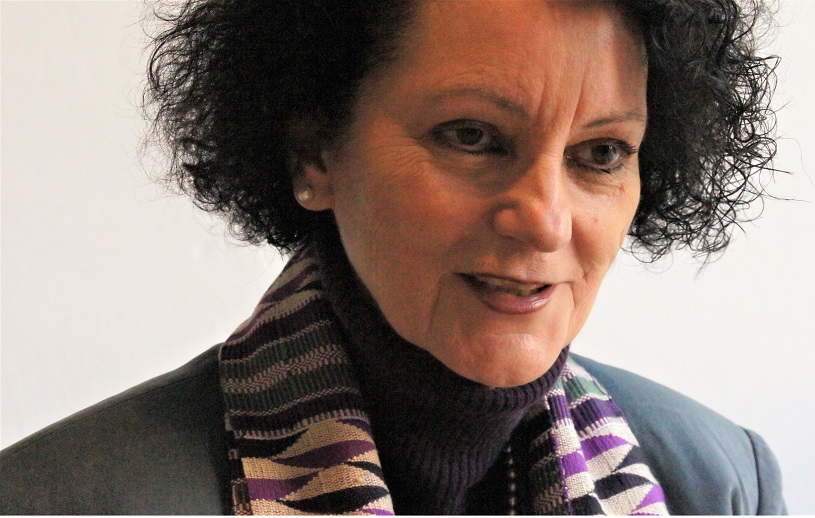
COMM / PSYC 290: Intercultural Communication
Note: This course was formerly COIN 290.
Course Description
In today’s world in which people are increasingly on the move for many reasons (tourism, forced and deliberate transnational migration, displacement, study and work abroad programs, missionary and humanitarian work, etc.), an intercultural competence is of paramount importance and no longer limited to highly specialized professions. And an intercultural competence necessarily includes specific interpersonal communication competencies (in terms of theoretical knowledge, practical skills, and emotional attitudes) relevant for an intercultural encounter as nothing happens in social life without communication. According to Ingrid Piller (Intercultural Communication. A critical Introduction, 2nd edition, Edinburgh: Edinburgh University Press, 2017; course book), “The main challenges of intercultural communication are the linguistic challenges of language learning, the discursive challenges of stereotyping, and the social challenges of inclusion and justice” (Piller, IX).
In this course, students will tackle these challenges by acquiring not only theoretical knowledge and contemporary concepts of intercultural communication. Through practical communication exercises and workshop activities they also will be able to develop specific interpersonal communication skills in order to better cope with the intercultural dimension in multicultural encounters. The theoretical knowledge together with concrete communication skills will ultimately change their attitude in the relationship with others, laying the basis for becoming Intercultural Mediators through “a dedicated interpersonal engagement to reinvent a new common culture that is mutually beneficial” (Piller, 204).
Culture and intercultural communication are considered dynamic and transformative concepts: no intercultural communication advice or recipes are proposed, but analytical tools are presented to refine one’s own communication skills and attitude. Such analytical tools, among others, originate from research results obtained in the framework of European Union funded projects revolving around intercultural communication challenges for people on the move, written and coordinated by the professor over the past 20 years.
The course content and activities are not necessarily tailored to students of linguistics, sociolinguistics, or communication; no prerequisites are necessary. They rather provide students with tools and skills applicable both in everyday situations and professional contexts.
Course Objectives
Below are the course’s learning outcomes, followed by the methods that will be used to assess students’ achievement for each learning outcome. By the end of this course, students will be able to:
- distinguish between different levels and different planes of communication
- distinguish between spoken texts and written texts
- distinguish between interpersonal communication generally and interpersonal communication in an intercultural encounter
- observe, transcribe and analyze a talk-in-interaction
- identify different communication practices, techniques, procedures, and strategies in an intercultural encounter
- analyze different kinds of communicative products for overt and hidden discriminatory messages on the grounds of real or perceived national belonging, ethnic-cultural belonging, social belonging, gender & sexual orientation, disability, and age
- activate productive interpersonal communication techniques, procedures and strategies in an intercultural dimension
- use a correct academic vocabulary regarding the field of intercultural communication studies, anthropology, and sociolinguistics
- design a poster connecting their personal experience in Italy with contemporary theories in intercultural communication, anthropology, and sociolinguistics
- face some of the different challenges of intercultural communication
Course Materials
Book
Piller, Ingrid., Intercultural Communication, A Critical Introduction, Edinburgh University Press (2nd Edition), 2017.
Readings
A course reader, including all the indicated readings, will be available. The course’s Moodle site is the primary location for readings and assignments.
Course Fee
$30 – includes guest lectures and materials for final exhibition

